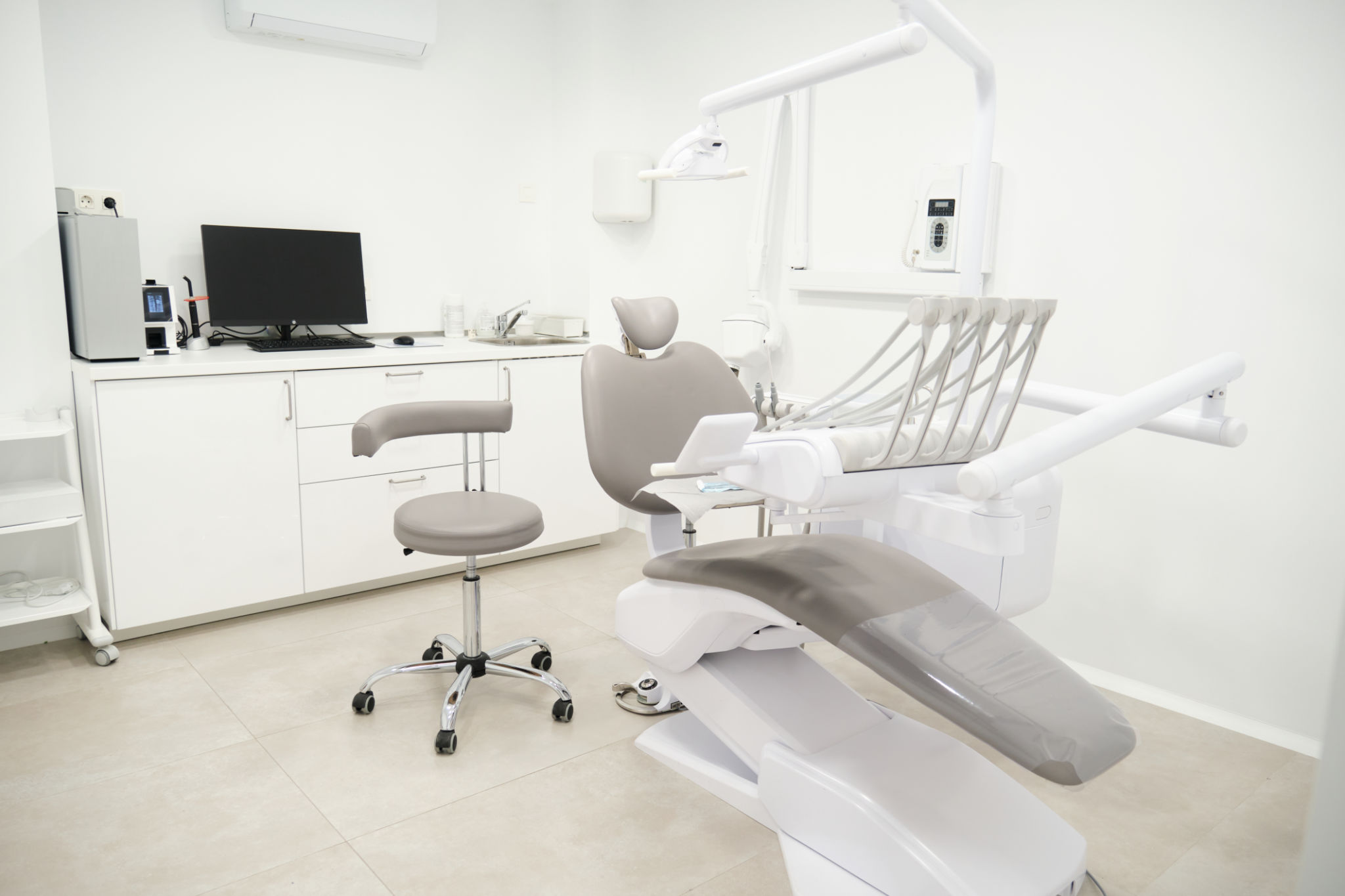How to Handle Dental Emergencies: Immediate Steps to Take
LD
Understanding Dental Emergencies
Dental emergencies can occur at any time, often without warning. Knowing how to respond swiftly and effectively can make a significant difference in the outcome of the situation. A dental emergency could be anything from a severe toothache, a chipped tooth, to a knocked-out tooth. Understanding what constitutes an emergency is the first step in handling it appropriately.

Immediate Steps for Common Dental Emergencies
Severe Toothache
If you experience a severe toothache, begin by rinsing your mouth with warm water to clean it out. Use dental floss to gently remove any food particles that might be causing irritation. If swelling occurs, apply a cold compress to the outside of your cheek. Avoid putting aspirin directly on the gums or aching tooth as it can cause tissue damage.
Chipped or Broken Tooth
In the event of a chipped or broken tooth, save any pieces you can. Rinse your mouth with warm water and apply gauze to any bleeding area for about ten minutes or until the bleeding stops. To relieve pain and reduce swelling, apply a cold compress on the outside of the affected area.

Knocked-Out Tooth
A knocked-out tooth requires immediate action. Pick up the tooth by the crown (the part you chew with) and rinse it gently with water if it's dirty. Avoid scrubbing or removing any attached tissue fragments. If possible, try to place the tooth back in its socket. If that's not possible, keep the tooth moist by placing it in a container of milk or a tooth preservation product like Save-a-Tooth.
When to Seek Professional Help
While immediate first aid can help manage discomfort and prevent further damage, it's crucial to seek professional dental care as soon as possible. Contact your dentist immediately after administering first aid. Most dental offices have emergency services or can refer you to an emergency dentist.

Preventing Dental Emergencies
Prevention is always better than cure. To minimize the risk of dental emergencies, practice good oral hygiene by brushing and flossing daily. Regular dental check-ups are essential to detect potential issues before they escalate into emergencies. Additionally, avoid using your teeth as tools for opening packages or biting down on hard objects.
Using Protective Gear
If you participate in sports or recreational activities that pose a risk of injury, wearing a mouthguard can protect your teeth from trauma. Mouthguards are available at most sporting goods stores, but for optimal fit and protection, consider getting a custom-fitted mouthguard from your dentist.
Conclusion
Handling dental emergencies with calmness and prompt action can greatly influence the outcome and recovery process. By following these immediate steps and seeking professional help, you can preserve your oral health even in unexpected situations. Remember, staying informed and prepared is key to effectively managing dental emergencies.
